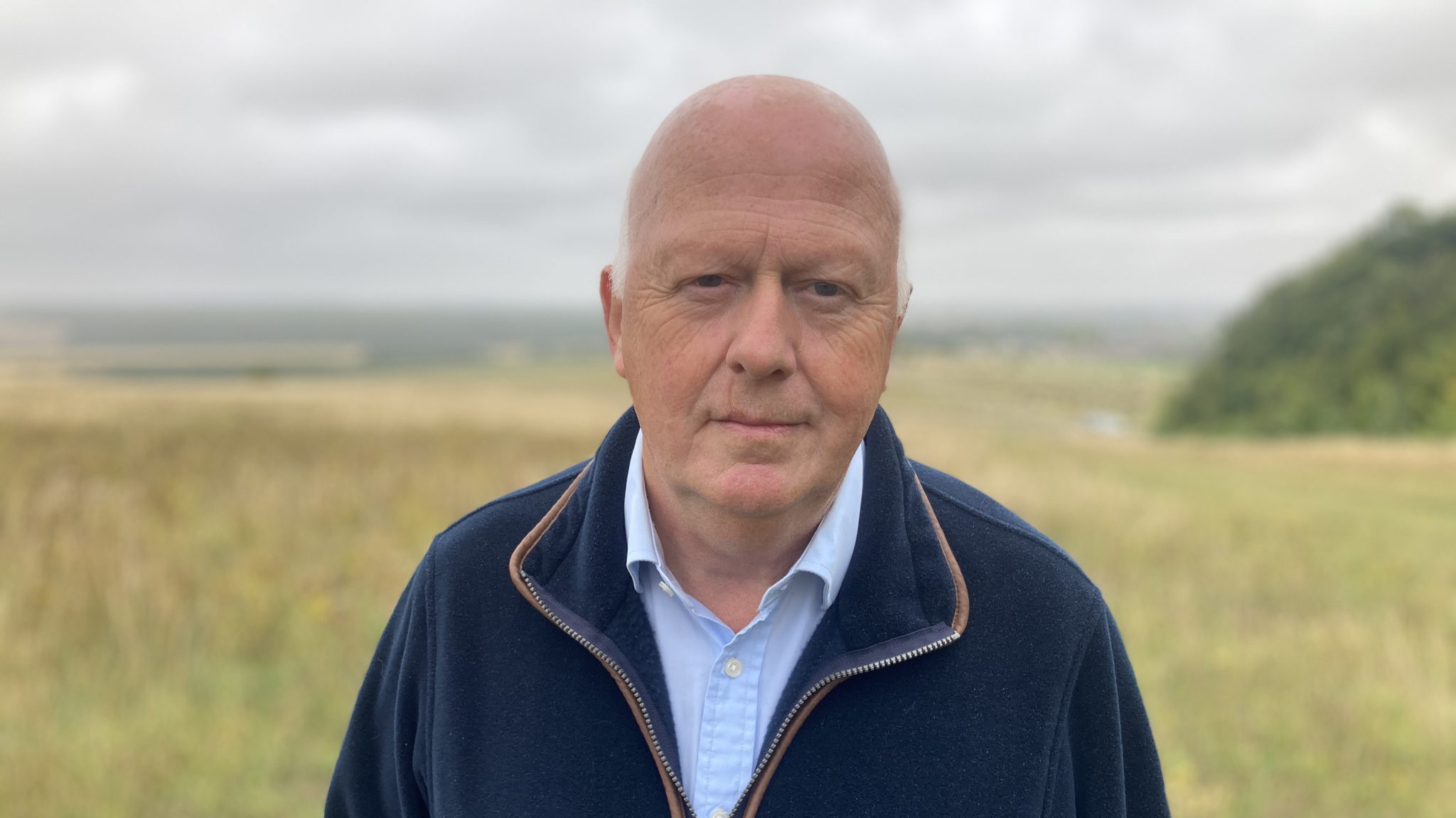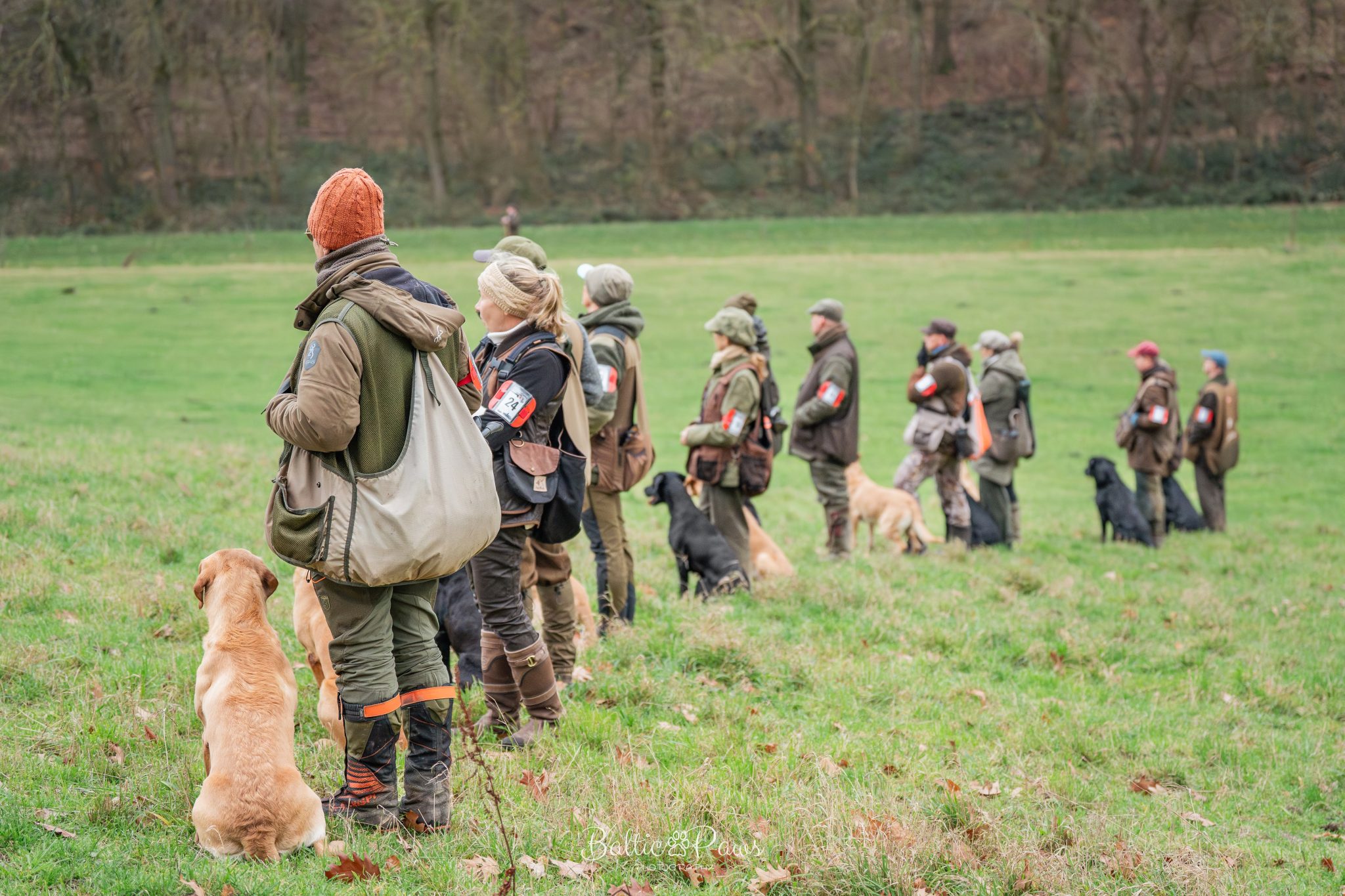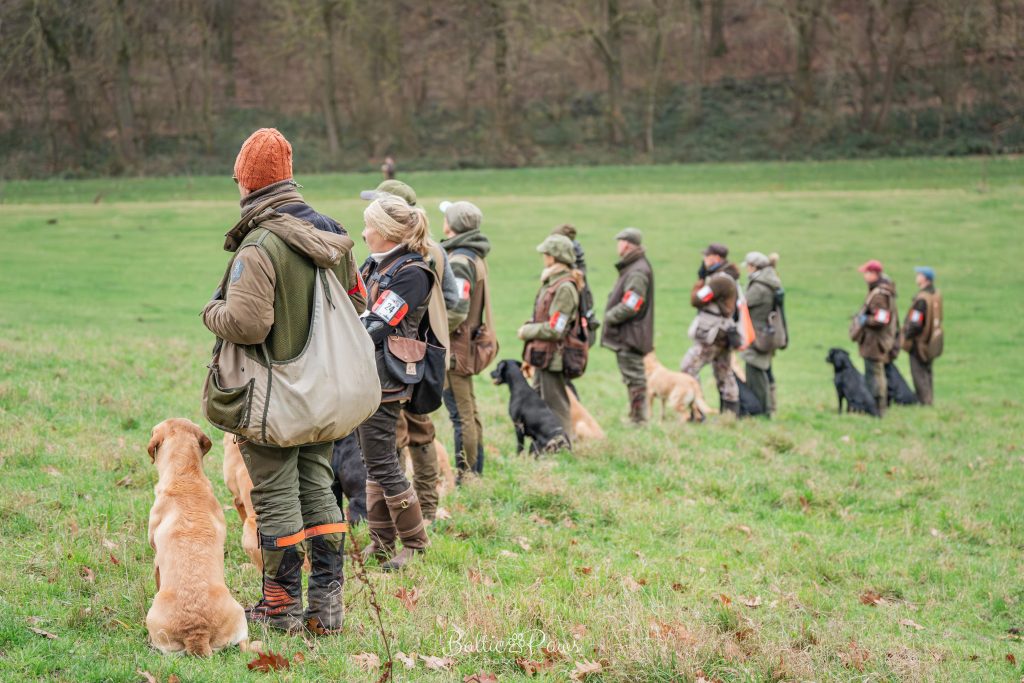The countdown is on for The British Shooting Show – book tickets online today and save on gate price!
Army shoot faces closure after gamebird licence refusal
Natural England has refused permission for a Wiltshire shoot to release gamebirds despite biodiversity measures, revealing licensing anomalies
 © BBC Photo Archive.
© BBC Photo Archive.
Shoot licence rejected despite exceeding biosecurity standards
Since March, shoots on Special Protection Areas (SPAs) have faced bureaucratic chaos. The Government withdrew General Licences for gamebird releases near protected sites due to bird flu fears, delegating decisions to Natural England. But the agency grants individual licences only in “exceptional circumstances”, a standard that appears nigh impossible to meet.
Hugh Carter, chairman of the Bulford and Tidworth Garrison Shoot, wrote to Biosecurity and Animal Welfare Minister Baroness Hayman requesting proper consideration of its application. While the Minister emphasised the decision lay with Natural England, her response was unequivocal: “I note your biosecurity protocols exceed standard requirements, including veterinary health checks, disease control training, rigorous site hygiene and timed releases to avoid peak migratory overlap.”
Rural communities and veterans at risk if Salisbury Plain shoots close
Yet Natural England still refused the application, citing inability to rule out any adverse effects releasing gamebirds might have on Salisbury Plain’s stone curlew population. No explanation was provided for how measures exceeding government standards could be insufficient.
The timing compounds difficulties. The licensing decision arrived “well into the business cycle” after keepers had been hired and preparations made, forcing shoots to absorb costs for cancelled gamebird orders.
For picker-up Mark Witham, the possibility of the Bulford and Tidworth Garrison Shoot’s closure threatens everything. When he left the Army “physically and mentally broken” after 36 years of service, the shoot became his salvation. “I’m outside with my dogs, talking to different people every day. It is fantastic for my mental wellbeing.”
BASC and gamekeepers warn Natural England decisions will damage conservation and rural jobs
Mr Carter warns of knock-on effects: “If there’s no shoot, there’s no gamekeeper, no picker-ups, no beaters, no food going into the community, no fieldsports going to the military community.”
He also points to the consequences for wildlife. Without gamebird releases, shoots cannot employ gamekeepers whose predator control directly benefits the species supposedly being protected on Salisbury Plain – the stone curlew. “If you don’t shoot the foxes, they eat the birds,” he stated bluntly.
BASC’s deputy conservation director, Marnie Lovejoy, argues Natural England ignores “the impact of removing predator control and habitat management” that shoots provide. “There is ample evidence that shows that protected bird species are thriving in areas where you have a shoot,” she said, urging Natural England to “take a step back and reassess the situation”.
But Natural England defended its position: “We have been tasked by Defra with considering individual licences for gamebird releases. But given the very high risk of transmission of this deadly disease, government policy makes clear they can only be granted if there is evidence of exceptional circumstances and clear measures to reduce risk of transmission.”
Did you like this article? Read more news from Shooting UK, or subscribe to Shooting Times & Country magazine.
Related Articles
Get the latest news delivered direct to your door
Subscribe to Shooting Times & Country
Discover the ultimate companion for field sports enthusiasts with Shooting Times & Country Magazine, the UK’s leading weekly publication that has been at the forefront of shooting culture since 1882. Subscribers gain access to expert tips, comprehensive gear reviews, seasonal advice and a vibrant community of like-minded shooters.
Save on shop price when you subscribe with weekly issues featuring in-depth articles on gundog training, exclusive member offers and access to the digital back issue library. A Shooting Times & Country subscription is more than a magazine, don’t just read about the countryside; immerse yourself in its most authoritative and engaging publication.







